
Whether it’s a Children’s Place sale or a promotion from an outlet store, consumers deserve to have accurate information to make decisions about what to buy.
However, some companies have been accused of fake sales or fictitious pricing, a practice that is used to make customers think they’re scoring a great deal even though the markdown isn’t that significant or even real.
The practice boosts the profits of the store when a tag lists an initial price that is much higher than the sale price. A consumer who spots this “original price” thinks they’re saving a lot of money by buying the item when, in fact, that price might not have been real at all.
Some studies have found that this phenomenon works really well with consumers and is rarely noticed- most people are happy to keep their perceived good deal and go on about their day. Some early consumers and even the FTC faced challenges in trying to crack down on this behavior because it’s hard to prove that something is an arbitrary discount versus a real one.
How Have Fake Sales Come to Light?
A working paper from a Harvard Business School professor showed that these promotional discounts are an extremely effective tool for getting consumers to buy. Consumers actually treat prices as an overall signal about the quality of a product, so when a company lists something as having an original price that was much higher, the customer is more likely to buy because they feel they’re getting a deal.
If consumers were armed with more information, according to the Harvard study, they were less likely to be fooled by the strategy of the company marking up the original price in order to do more business.
How Could a Children’s Place Sale be a Fake Sale?
When a company attempts to lure you into the store or tries to entice you to buy something with false information, this could become the subject of a consumer protection lawsuit. This includes promotional emails with a subject line that isn’t accurate, as some consumers claim they have received from Children’s Place.
Other companies have been thrust into the spotlight with regard to this pricing behavior; companies like Kohl’s, JC Penney’s, and rival kid’s store Carter’s have all been accused of listing “original” prices that were not ever actually charged.
Past Children’s Place Sale Settlements
If you suspect that you were duped by a fake sale at Children’s Place, you wouldn’t be the first. A past Children’s Place fake sale settlement occurred as a result of similar allegations.
In that case, consumers who were affected were included in part of a $6.8 million settlement when consumers claimed that the sales promoted by the store were indeed fake.
Who Might Be Affected Today?
A current investigation is seeking residents of Washington state who received promotional emails about the Children’s Place with subject lines like “75% off everything” that may have been false or misleading. In the state of Washington, consumers can hold companies accountable when an email subject line has a deceptive falsehood inside of it.
If you believe that you’ve received a misleading email like this related to a Children’s Place in-store sale, you could be eligible to start your own legal action after speaking to an attorney. For more information about your legal rights, turn to Top Class Actions for assistance in finding an attorney who can help you with your consumer lawsuit.
Join a Free The Children’s Place Email Lawsuit Investigation
If you live in Washington and you received one or more emails from The Children’s Place advertising percentage-off discounts, you may have a legal claim.
You don’t need to have made a purchase to qualify; you only need to have received an email with a percentage-off discount in the subject line (for example, “50% off EVERYTHING”).
This article is not legal advice. It is presented
for informational purposes only.
ATTORNEY ADVERTISING
Top Class Actions is a Proud Member of the American Bar Association
LEGAL INFORMATION IS NOT LEGAL ADVICE
Top Class Actions Legal Statement
©2008 – 2026 Top Class Actions® LLC
Various Trademarks held by their respective owners
This website is not intended for viewing or usage by European Union citizens.






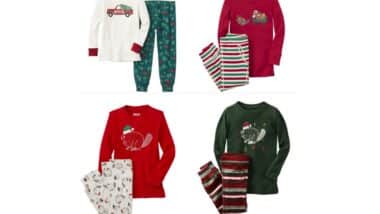
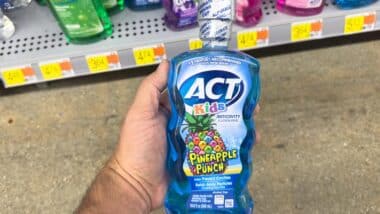
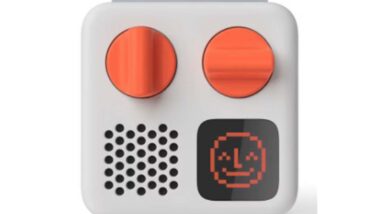
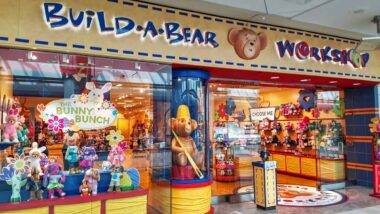
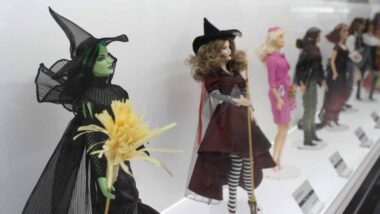


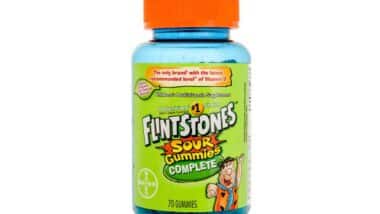
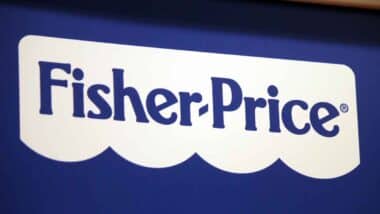
11 thoughts onWere You Misled By a Fake Children’s Place Sale?
Yes add me and my daughter